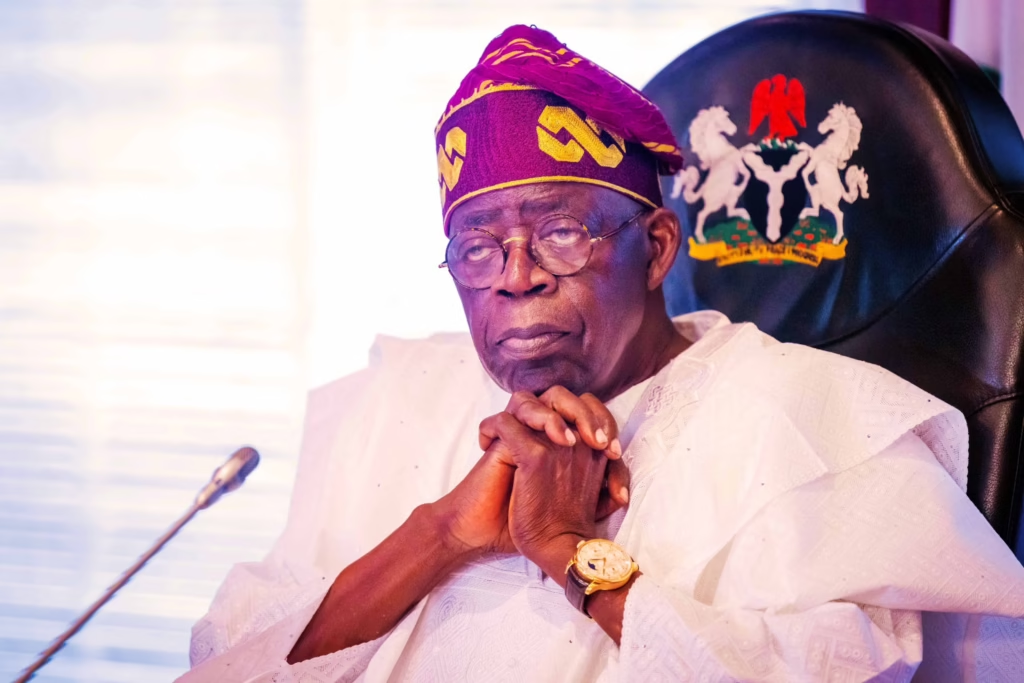Tinubu’s ECOWAS Leadership and Its Impact on Ghana’s Economy
Introduction: tinubu’s Hardline Stance on the Niger Coup
President Bola Tinubu’s firm stance against the coup leaders in Niger, advocating for military intervention to restore constitutional order, marked a pivotal moment in ECOWAS’s regional politics. His approach, which included threats of invasion, sparked significant backlash and resistance from member states.
This article delves into the consequences of Tinubu’s leadership, the withdrawal of Niger, Mali, and Burkina Faso from ECOWAS, and the economic implications for Ghana.
Tinubu’s Appointment as ECOWAS Chair: A Premature Decision?
David Ofosu-Dorte, a prominent legal and policy expert, characterized Tinubu’s appointment as ECOWAS chair as premature. He noted that Tinubu’s inexperience as a new president may have influenced his aggressive stance on the Niger crisis.
“ECOWAS made a mistake by appointing Tinubu as chair a month after he took office as president,” Ofosu-Dorte stated. “His statement about invading Niger led to the three Sahelian countries pulling out. It was an error we are still paying for.”
This decision not only strained regional relations but also highlighted the challenges of leadership transitions in volatile political climates.
The Withdrawal of Niger, Mali, and Burkina Faso from ECOWAS
Tinubu’s hardline approach prompted Niger, Mali, and Burkina Faso to withdraw from ECOWAS, citing the bloc’s hostile posture towards their governments. This move has significant implications for regional integration and economic cooperation.
Ofosu-Dorte emphasized that the Sahelian countries’ withdrawal has created a rift in the regional supply chain, particularly affecting Ghana’s trade and economic stability.
Economic Consequences for Ghana
Ghana is poised to suffer significant economic consequences as a result of the withdrawal of these three nations. The Sahelian countries rely heavily on Ghana’s ports, particularly the Tema Port, for trade.
Key impacts include:
- Reduced cargo traffic through Ghana’s ports.
- Loss of revenue from trade with landlocked Sahelian nations.
- Disruption of regional supply chains, affecting local businesses.
Ofosu-Dorte warned, “Ghana cannot do without the Sahelian countries. They are a major market, and their withdrawal affects how much cargo goes through our ports.”
For more insights on regional trade dynamics, visit World Bank Ghana.
The Sahelian Alliance: A New Regional Bloc
In response to ECOWAS’s stance, Niger, Mali, and Burkina Faso have formed a new alliance, further complicating regional politics. This bloc represents a shift in power dynamics and poses challenges for ECOWAS’s influence in West Africa.
The formation of this alliance underscores the need for diplomatic engagement and conflict resolution to restore regional unity.
Lessons for ECOWAS and Ghana
The crisis highlights the importance of strategic leadership and diplomacy in regional organizations. Key lessons include:
- Avoiding premature appointments to critical leadership roles.
- Prioritizing dialogue over military threats in conflict resolution.
- Strengthening economic ties to mitigate the impact of political disputes.
For more on African regional integration, explore African Development Bank Group.
Call to Action: Strengthening Regional Cooperation
The withdrawal of Niger, Mali, and Burkina Faso from ECOWAS serves as a wake-up call for stronger regional cooperation and diplomatic engagement. Ghana, as a key player in West Africa, must take proactive steps to rebuild trust and foster economic collaboration.
What are your thoughts on Tinubu’s leadership and its impact on ECOWAS? Share your views in the comments below or join the conversation on social media using the hashtag #ECOWASCrisis.
For more information on Ghana’s trade and economy, visit Ghana Ports and Harbours Authority.



